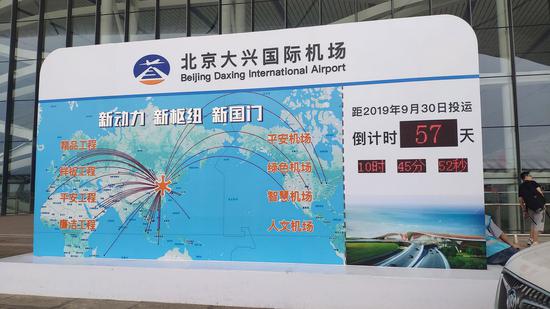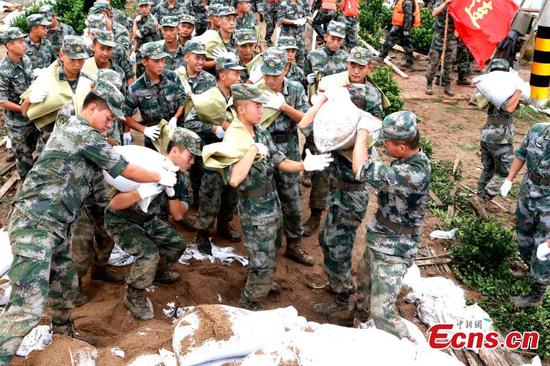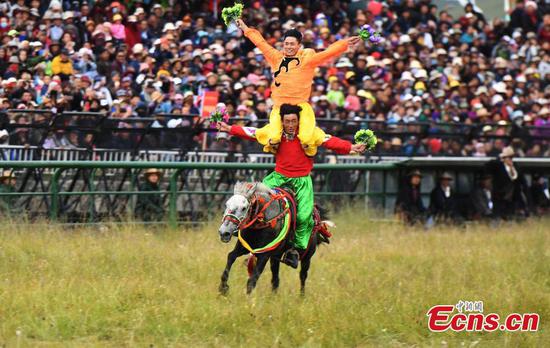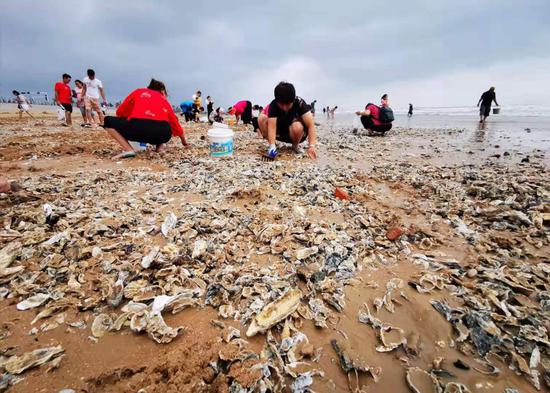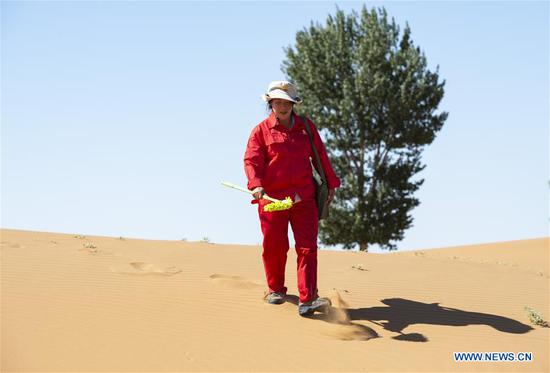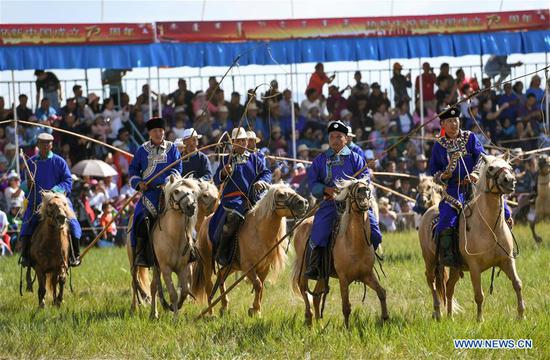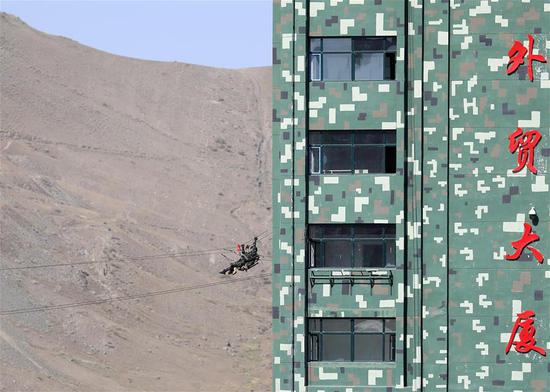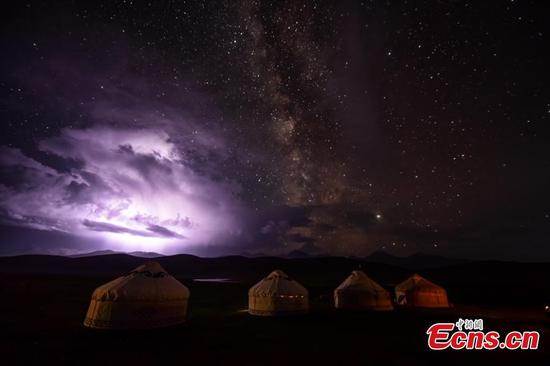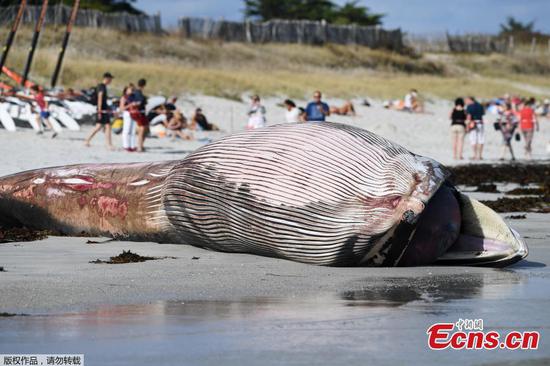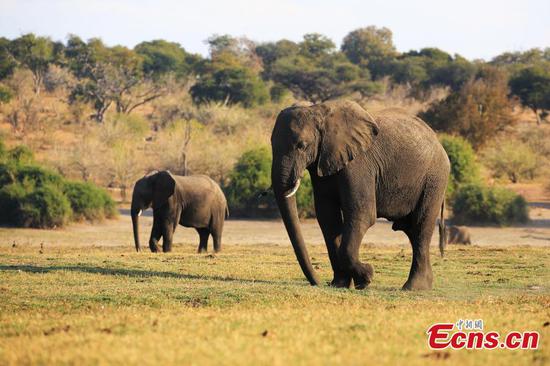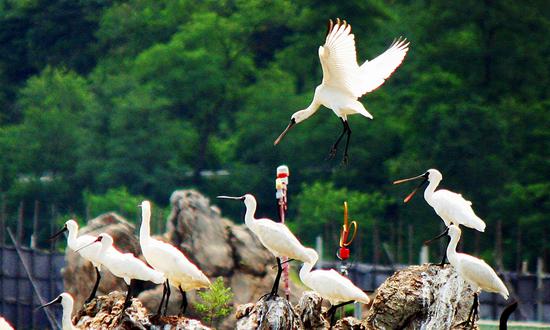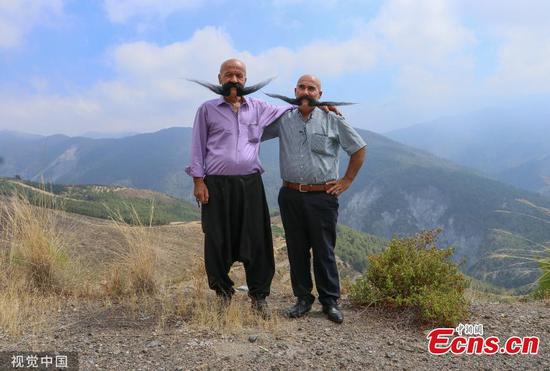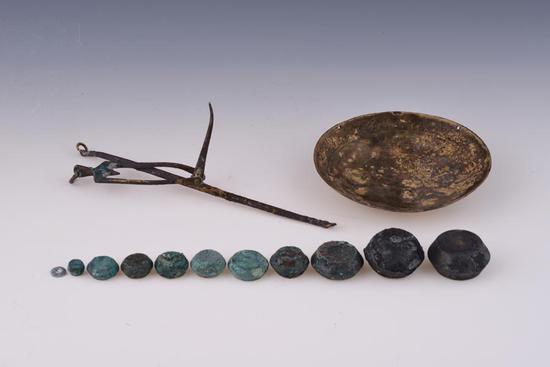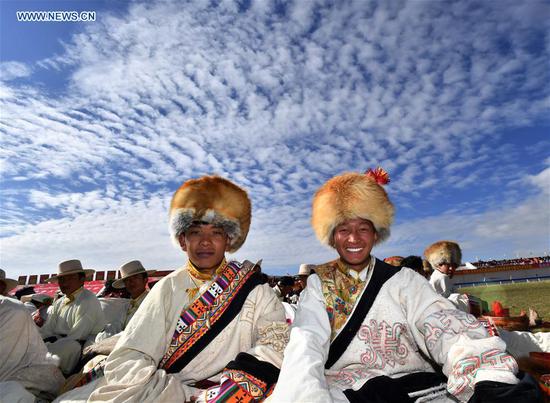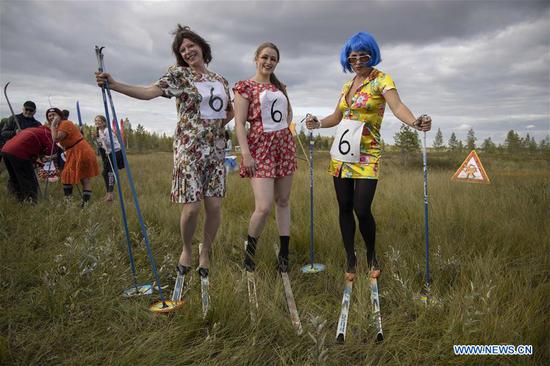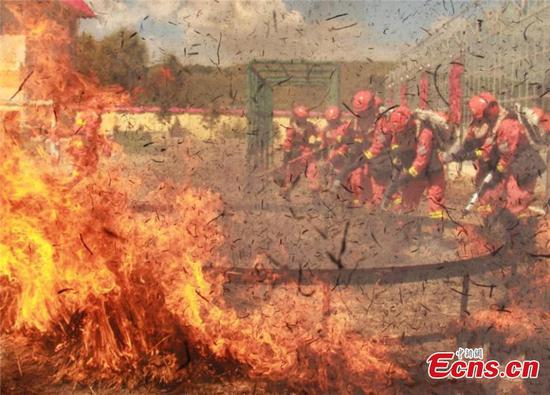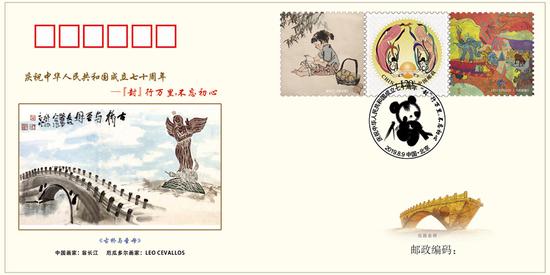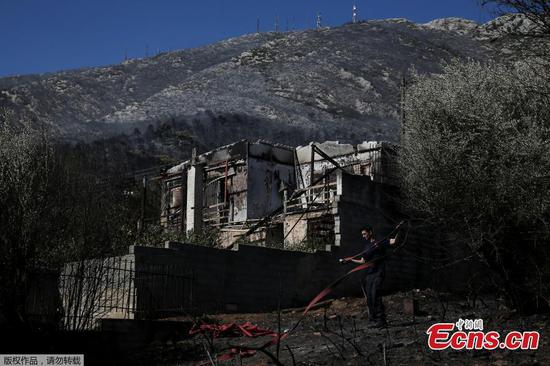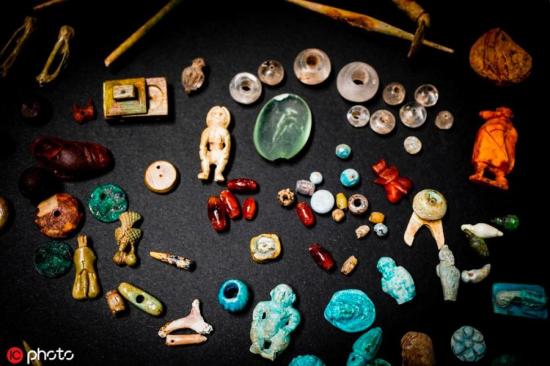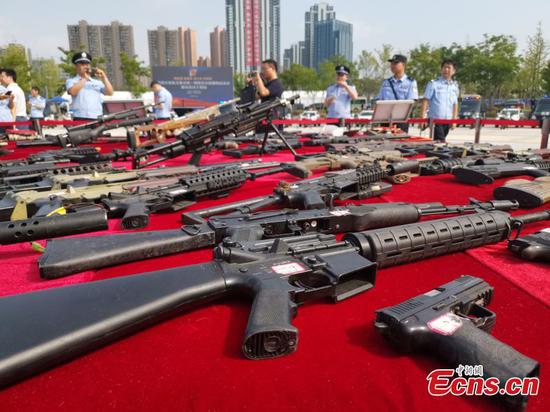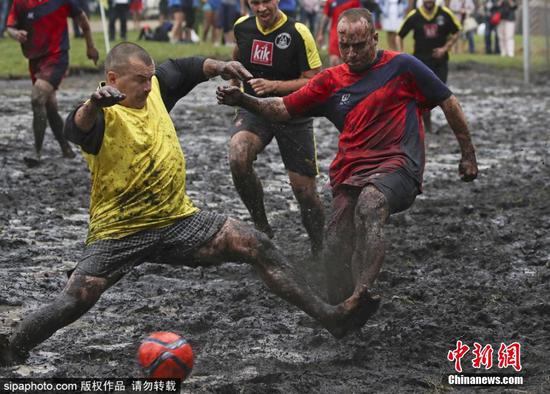A Guangzhou-based company that runs the world's largest factory of mosquitoes used to control the species signed agreements Tuesday to control mosquitoes in Beitun, Northwest China's Xinjiang Uygur autonomous region, and rice planthoppers in Central China's Hunan province.
Guangzhou Wolbaki Biotech Co will work with the Hunan Academy of Agricultural Sciences in the study of controlling rice planthoppers, which pose a threat to rice crops. Hunan is the largest rice-growing province in the country.
The company also will help Beitun city in Xinjiang's Altay prefecture fight mosquitoes. The Altay region is one of the world's four places with the largest mosquito population, said Xu Longquan, deputy mayor of Beitun.
In spring and summer, when the snow on the Altay Mountains melts, water from reservoirs runs into forests and meadows and forms swarms and pools that become breeding grounds for mosquitoes, Xu said.
Between May and August, which is a local tourism peak season, the number of mosquitoes soars, annoying local residents and tourists, he said.
Although efforts are made every year to control mosquitoes, it is hard to tackle the problem at the root.
Guangzhou Chairman Wolbaki Xi Zhiyong, who is also director of the Laboratory of Tropical Disease Control and Prevention at Guangzhou-based Sun Yat-sen University, has led the research on using mosquitoes to eliminate mosquitoes.
In the research, male mosquitoes are infected with Wolbachia, a bacterium that exists widely in many insects, including mosquitoes.
The eggs produced by female mosquitoes that mate with Wolbachia-infected male counterparts are infertile and that helps lead to reduced mosquito numbers.
The article on the study appeared in the academic journal Nature last month.










